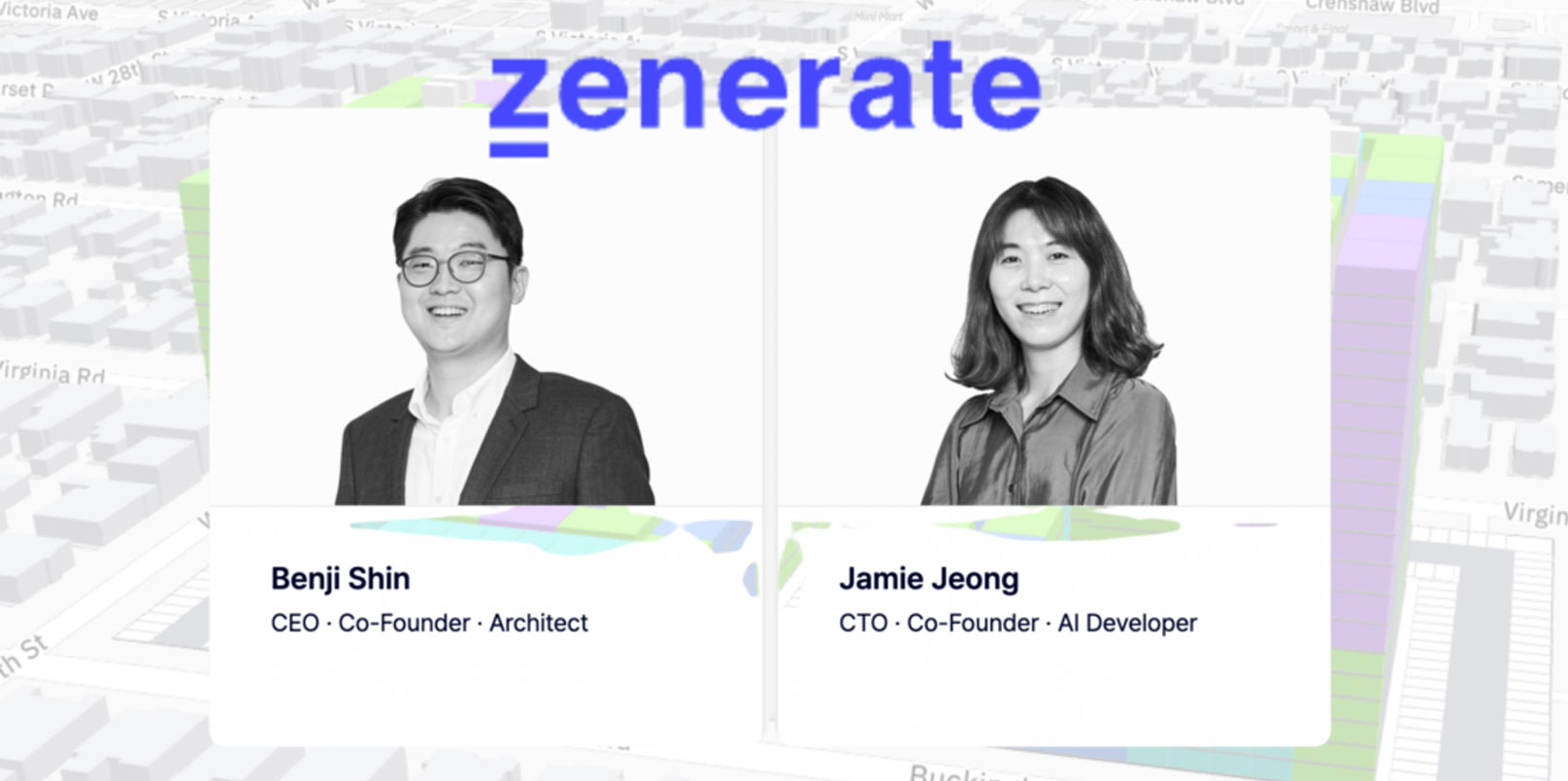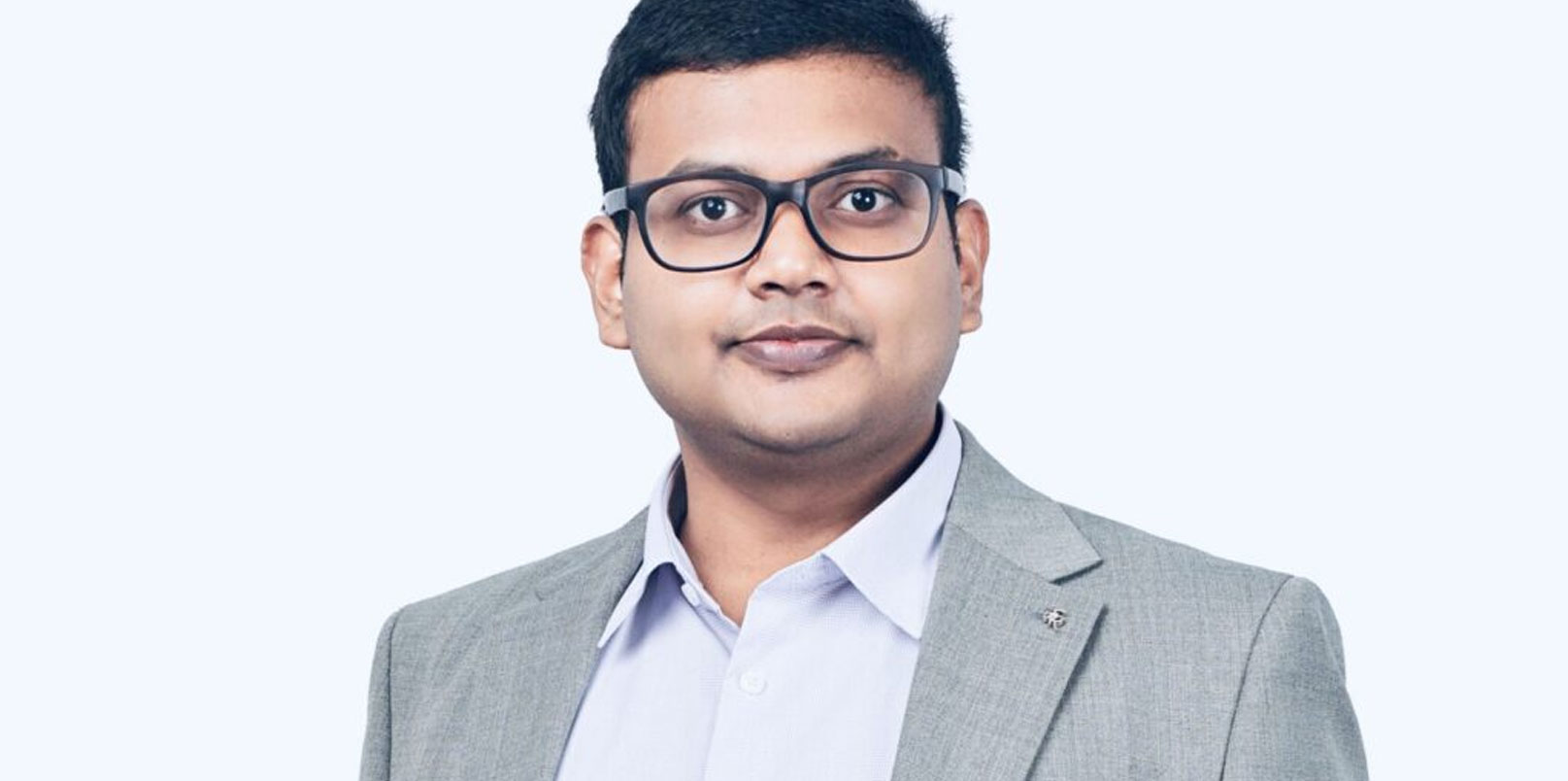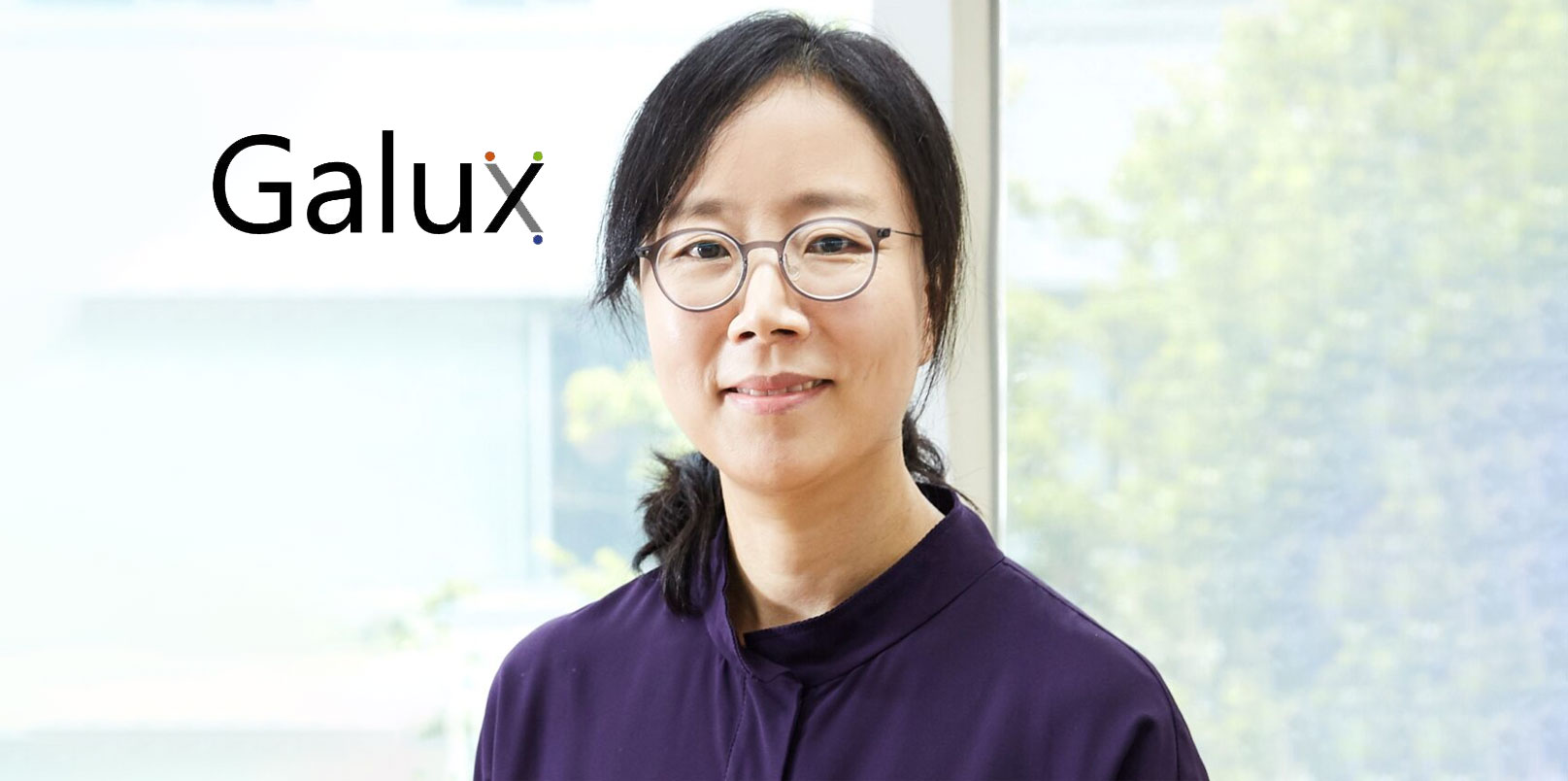John Kim’s career has taken him across a diverse range of operating and investing environments from early-stage startups to fortune 500 companies. John is the founder of the cross-border venture capital firm Amasia, that helps technology companies get global. Amasia primarily invests in US tech companies from the pre-Series A to Series B stage and is open to investing at a later stage and in other geographies.
Before Amasia, John focused in finance, serving as Senior Vice President at Mercuria Energy Group, Executive Director at Goldman Sachs and Portfolio Manager at Korean National Investments. While in these roles he managed trading and investment strategies across a diverse set of asset classes and including commodities, public and private equity, fixed income and derivatives.
John started his career as an entrepreneur, founding music internet and e-consulting businesses before joining Merck & Co as a System Specialist. He left Merck to start his third company, a Delaware incorporated rock band called The Ally. John toured across America and recorded with top artists most notably receiving a platinum record for his album contribution with Grammy award winner Brandy.
John is a Kauffman Fellow and a Member of the Young Presidents Organization. He serves on various corporate and non-profit boards including those of Dialpad, The Athletic, Tokopedia, Kairos Society Asean, and the Choson Exchange, a non-profit focused on teaching female entrepreneurs in North Korea.
John Kim had a chat with koreatechdesk.com regarding startups and his advice to new entrepreneurs, who might be seeking investors like him.
1. What is your background and domain expertise? And how did you become an investor?
I started my career as a tech entrepreneur starting a music internet company and then an e-consulting business. Founding a company is one of the hardest things a person can do, and sometimes only people who have founded companies can understand the pain and suffering that entrepreneurs go through. So as an investor, my experience as a founder leads to empathy that helps when I’m investing.
After this I then started what I call my third startup, a Delaware incorporated Rock band called The Ally. I also played on numerous albums including those of Brandy (for which I got a platinum record) and closer to home for albums of Drunken Tiger, Yoon Mirae, Bobby Kim, Yang Dong-Geun and others. John Legend was also a school mate (full story here http://www.johnkim.co/blog/2015/7/2/a-tale-of-two-johns). This becomes useful for me because sometimes consumer startups like to have access to influencers to help them acquire customers. We’re incubating a music tech business as well that will leverage our network in the entertainment industry.
After that, I worked in finance as a trader for a hedge fund, then Goldman Sachs, and then Mercuria. I always got pulled into private equity deals at these firms, so besides understanding how to structure deals, understanding risk and how to construct a portfolio is something that doesn’t get a lot of attention in the venture industry. It also helps a lot for anything FinTech related and we’ve had successes in that realm as well.
Then I started Amasia with my partner Ramanan who I’m incredibly blessed to be working with. He’s been in the business for 26 years and has a stellar track record (you can read about him in a chapter of The Everything Store about Amazon), yet he’s remained so humble and down to earth. I feel like that’s important particularly the more successful an individual becomes, and I try to emulate that about him.
2. As an investor, what kind of startups have you invested in? And how did you find those startups to invest in?
Our firm invests primarily in Series A and B stage companies with a global relevance. We have an office in Silicon Valley and one in Singapore, so the strategy is 80% investing in SV companies and helping them penetrate Asian markets, and then 20% investing in Asian companies and helping them import best practices from the Valley. We invest in three business models; enterprise SaaS, consumer subscription and marketplaces.
Our sourcing strategy relies on a mix of both inbound and outbound. We have nice successes in the portfolio so as our entrepreneurs and co-investors see how we operate, they send more deal flow our way. But some of the best opportunities are not on the market, and investors must create them. So we’re active in contacting companies where we have a sector thesis.
3. What would be the core factors you decide to invest in those particular companies?
We focus on certain things that other firms do as well, such as founder strength, large addressable market, and traction. (BTW I started a vlog and discuss these three traits in this episode https://youtu.be/FK9jjQ3G9hw) But two other things we look for that other firms are less focused on are global relevance (all of our portfolio companies must have visibility into becoming a global business) and capital efficiency (we bring more discipline to the companies we invest in regarding this).
4. What is the investment range of your company and in a typical year, how many startups do you invest in? And do S. Korea headquartered startups get investment from you or should it be headquartered in certain countries?
Personally, I’m looking to invest in one or two companies a year. We run a very concentrated strategy and what that means is that I’m never sitting on too many boards and each company gets a lot of my attention. I’m very motivated to help them all get to a great outcome.
We’ve only made one investment so far in Korea, Memebox. I travel there often as my parents live in Seoul, we have a couple of investors there and one advisor is Chung Un-Chan. We’re open to investing in more Korean startups if they fit our criteria.
5. What are the main factors that startups fail as per your experience and how can they prevent mistakes in advance from your personal perspective?
Failure is not an uncommon occurrence in startup land, so the factors that cause failure are numerous. It could be mismanaged cash flow, a lack of product market fit, or the wrong investors. By far the best thing a startup can do to increase the odds of success are get people around the table (the team, investors, advisors) who have solved similar problems before and get advice from them.
6. What’s your advice to entrepreneurs who meet investors like you? And what are the top 3 questions you always ask founders?
- What was your biggest failure and what did you learn from it? (Founders must show Grit).
- Why did you start your business? (Founders must show a missionary vs mercenary mindset https://www.forbes.com/sites/davidkwilliams/2013/03/29/great-companies-are-led-by-missionaries-not-mercenaries/#1577e0d953a3).
- Why would talented people come work for you?
7. What’s your general thought about the term “Global” and What are the important factors for Korean startups to consider for a US expansion?
We’re all about getting global. The world is more connected than ever, and if you’re not up to speed on what’s going on out there, then you become irrelevant quickly.
It’s difficult for a Korean startup to expand into the US, but we’ve seen Memebox do it well. More than experience in the US, or strong English, the mindset of getting it done at all costs leads to success. That’s not just for US expansion but for building a company and life in general.
8. As you know, our company name is “beSUCCESS”, what’s your definition of the term “success” as an investor or as an individual human being?
My mission statement is to experience and enable others to experience extreme intimacy with God. I’m a churchgoer, and that drives everything I do. But I recognize that not everyone believes what I believe, and even in my view of the world, God loves them too. What I think is important for everyone regardless of what they believe is to have a mission that is much bigger than your own personal interests. Living day in and day out, knowing you are doing everything you can to fulfill that big mission, that brings satisfaction and true lasting happiness. That is a success in my book.
9. What are the one or two things you would do differently if you could go back to 10 years ago?
Not a whole lot. I was pretty much a mess back then, but I had to go through what I went through to get to where I’m at today.
10. When you come to Korea next time, what kind of Korean entrepreneurs and startups do you want to meet?
Inspiring, globally minded founders. Pretty simple!





